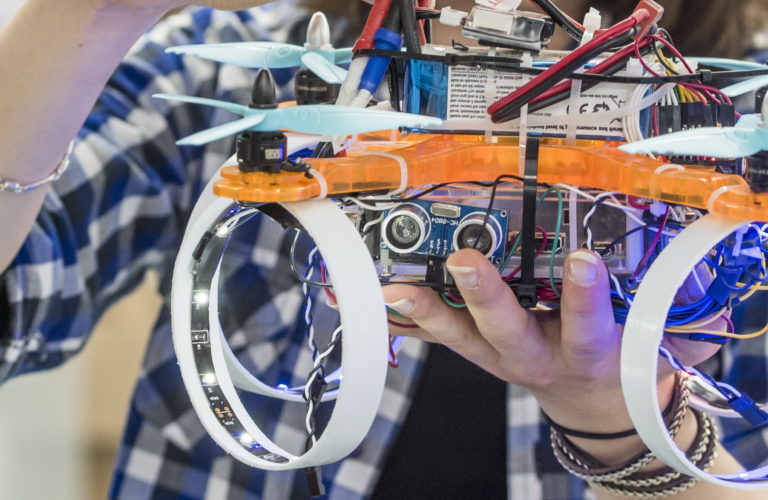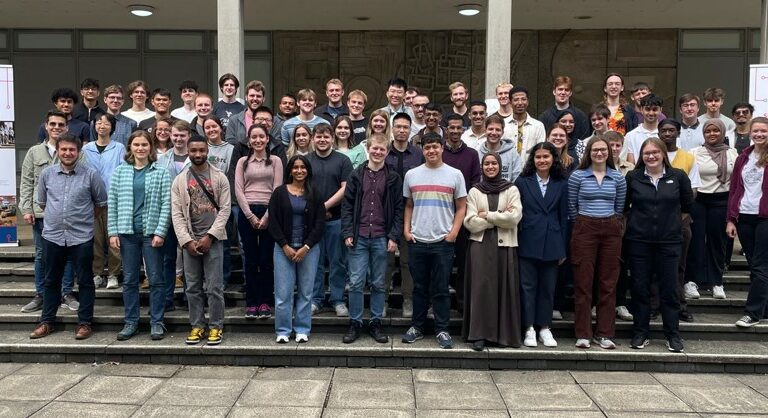At the UKESF, we are working hard to address the gender imbalance in the Electronics sector, for instance through our Girls into Electronics initiative. We are also tackling the wider challenges around diversity and inclusion. This guest blog post, written by James, one of our Scholars, shares his experiences and gets to the heart of the matter. We have written previously about why We Need ‘Real’ Models, not ‘Role’ Models, and James shows us exactly why this is so important.
“A diverse mix of voices leads to better discussions, decisions and outcomes for everyone.”
Sundar Pichai, CEO, Google.
Diversity is the practice of including or involving people from a range of different social and ethnic backgrounds and of different genders, sexual orientations, etc. To be fully diverse means working to attract and then support a whole spectrum of people and cultivating an inclusive culture.
According to the All-Party Parliamentary Group on Diversity and Inclusion in STEM report in 2020, Engineering (the largest of the four disciplines into which the STEM workforce can be sub-divided into) is more likely to be White than the others. Ethnic minorities comprise 14% of the working-age population and 12% of the employed population; however, only 7% of the workforce workers are from ethnic minorities in engineering.
As a Black African Electronics Engineering student, these statistics ring true to my experience.
Being a UKESF Scholar has given me the opportunity to reach out and create awareness about Electronics and STEM in general.
Through my interactions with Black students as a STEM ambassador, and at the University of Surrey, one of the factors still hindering diversity in STEM is the lack of positive role models who share the same background as young people from minorities.
In my view, this means that these young people from underrepresented groups aren’t inspired into careers as they don’t see others like them. This misconception, that these roles are not for them, creates a vicious circle.
It is my experience that schools and universities attempt to address this by inviting highly successful and inspirational speakers. However, I think that this can sometimes have the wrong impact. As the speaker’s experiences are vastly different from the audience’s, they can’t imagine themselves ever achieving as much, or even know how to get there.
Therefore, I have led an effort within my local community church group, bringing together young STEM professionals and students to provide advice and mentorship to young people.
We aim to provide mentees with a better understanding about and access to industries that their immediate family and friendship groups are often unfamiliar with. It’s about levelling the playing field to ensure these young people can get the inside know-how and insights they need.
My contributions have been sharing experiences about university applications, work placements and job applications. Also, trying to inspire awareness about Electronics Engineering and explaining about career prospects. I know that my involvement has inspired several young people. I am glad to say more than ten students, with my assistance, have been offered Engineering courses at their universities of choice, starting this autumn.
After graduation, I hope to continue working with my future employer, the UKESF and their partner organisations in supporting efforts to promote diversity and increase the participation and involvement by more young people from underrepresented communities.



